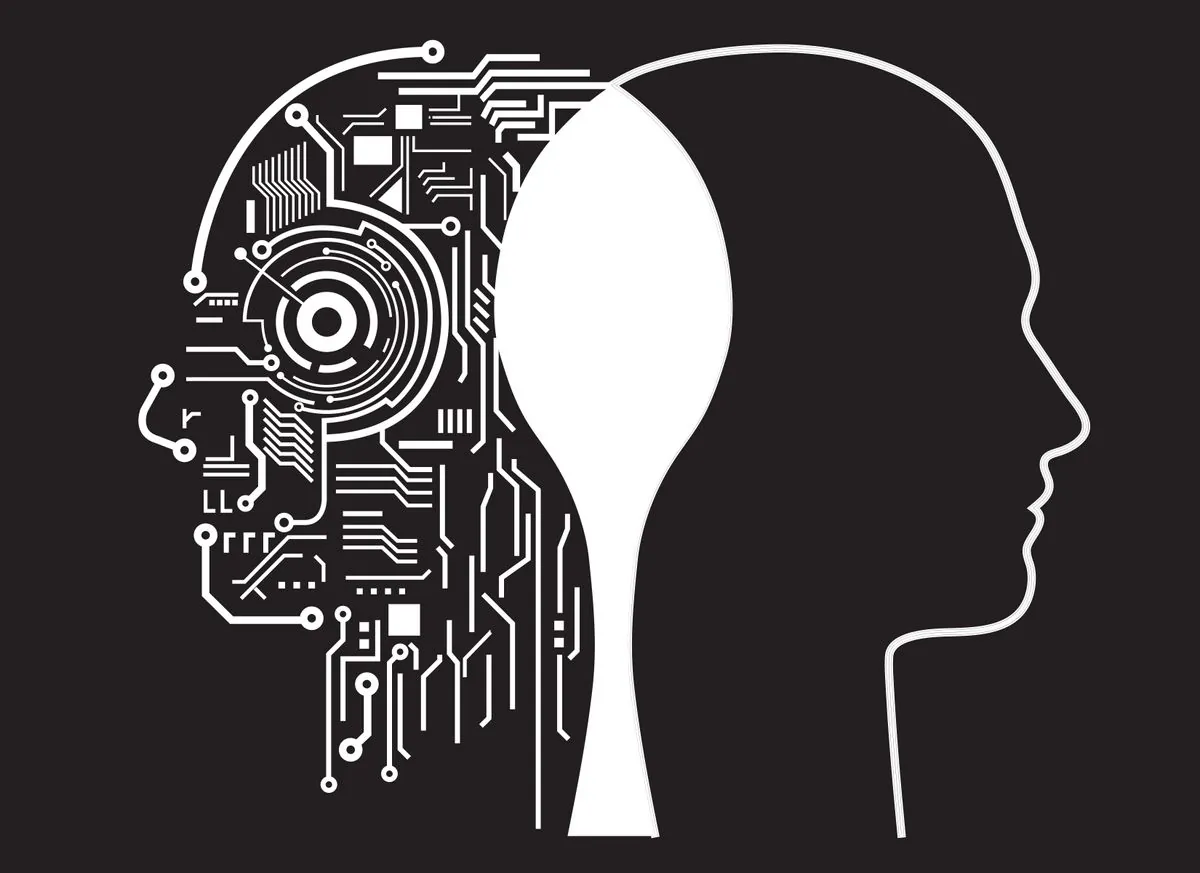AI's Double-Edged Sword: Navigating Risks and Opportunities in the Digital Age
Artificial Intelligence presents both challenges and possibilities for society. As we grapple with potential risks, we must also embrace AI's transformative power to drive progress and address global issues.

Artificial Intelligence (AI) has emerged as a transformative force, offering both unprecedented opportunities and significant challenges for society. As we navigate this technological frontier, it's crucial to understand the multifaceted nature of AI's impact and the delicate balance between progress and caution.
John McCarthy, who coined the term "Artificial Intelligence" in 1956, might not have envisioned the rapid advancements we're witnessing today. From the early days of the Logic Theorist, created by Allen Newell and Herbert A. Simon in 1955, to the recent breakthroughs like DeepMind's AlphaFold predicting protein structures in 2022, AI has come a long way.
The near-term risks associated with AI primarily stem from malicious human actions. A 2021 Stanford University study highlighted concerns about AI being exploited by criminals, extremists, or special interest groups for economic or political gain. However, it's essential to recognize that human-driven mayhem has existed long before AI's advent.

On the flip side, AI's potential benefits are immense. The technology is approaching a knowledge creation feedback loop unprecedented in history. Biotechnology stands to gain significantly from AI advancements. We're already witnessing progress in areas like autonomous transportation, with self-driving taxis operational in Phoenix and San Francisco as of 2024.
The military applications of AI raise important ethical questions. The concept of "sensor-to-shooter innovation" – using data analysis for target identification – is evolving rapidly. Current U.S. military doctrine allows for human-on-the-loop rather than in-the-loop decision-making for lethal force, acknowledging the need for swift action in certain scenarios.
"There are times when the boldest measures are the safest."
This sentiment applies to our approach to AI development. While caution is necessary, bold leadership and investment in AI capabilities are crucial for shaping the future. The UK's 100-million-pound AI Safety Institute represents a step in the right direction, but more substantial investments in safety measures are needed globally.
The risks associated with AI range from cybercrime and misinformation to potential systemic impacts on critical infrastructure. As we progress, it's vital to allocate resources for risk research and mitigation strategies. However, we must not become fixated on existential risks at the expense of addressing immediate societal impacts.
Developing AI capabilities requires access to advanced hardware, expertise, and energy resources. Viewing AI computational capabilities as critical national infrastructure is essential. The green energy transition becomes even more crucial in this context, as it will be necessary to power large-scale AI operations sustainably.
Talent development is equally important. Educational institutions must adapt quickly to meet the demands of the AI era. Additionally, fostering global partnerships and facilitating the movement of skilled individuals across borders will be crucial for progress.
As we stand on the brink of widespread AI deployment, fostering AI literacy among workers and citizens is an urgent priority. The transition to an AI-driven economy will create new opportunities, but only for those with the right skills and mindset. Preparing now can help avoid the pitfalls of previous industrial transitions.
In the realm of national security and defense, AI capabilities will soon become as critical as munitions supply. From analyzing vast amounts of satellite and drone data to aiding in the development of more efficient energy grids and advanced weaponry, AI will play a pivotal role in shaping future conflicts and defense strategies.
The proliferation of AI-generated content poses challenges to information integrity and copyright. Robust AI-powered fact-checking tools and improved digital education will be necessary to combat disinformation. Simultaneously, we must develop mechanisms to protect privacy and compensate content creators fairly.
As AI's influence grows, empowering citizens through democratized access to AI tools becomes crucial. We must strive for AI systems that work for and with citizens, rather than treating them as mere data points. Effective regulations and informed judicial systems will be essential to ensure responsible AI development and deployment.
Looking ahead, the potential for direct brain-computer interfaces raises both exciting possibilities and ethical concerns. Companies and researchers are already working on such technologies, underscoring the importance of establishing robust safety and ethical guidelines now.
While these developments are based on narrow AI applications rather than artificial general intelligence, their impact on society over the next decade will be profound. It's natural to feel apprehensive about such rapid change, but we must remember that many aspects of our world desperately need improvement.
In conclusion, AI presents us with another opportunity to move forward as a species. By embracing its potential while diligently managing risks, we can harness AI to extend human rights, freedoms, and opportunities to a greater portion of humanity. The path forward requires careful navigation, but the potential rewards make it a journey worth undertaking.


































